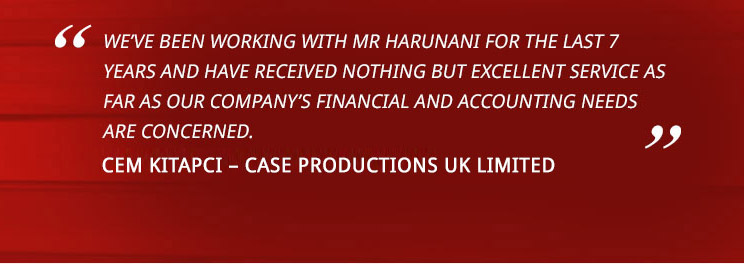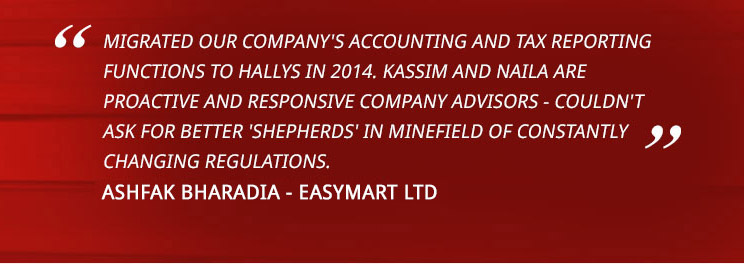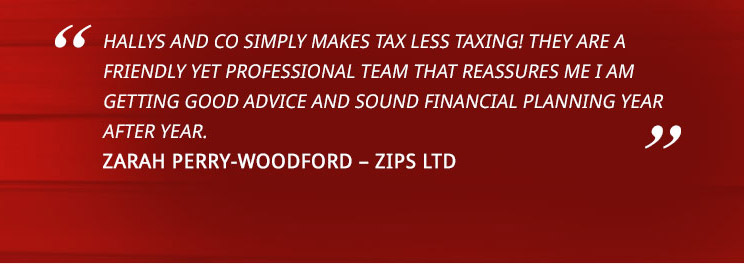Easing back from lock-down
Boris Johnson made his long-awaited statement on the government’s plans to ease lock-down (7pm, Sunday 10 May 2020). No great surprises and we have included a brief business-related summary in this post.
In his address he said:
And the first step is a change of emphasis that we hope that people will act on this week.
We said that you should work from home if you can, and only go to work if you must.
We now need to stress that anyone who cannot work from home, for instance those in construction or manufacturing, should be actively encouraged to go to work.
And we want it to be safe for you to get to work. So, you should avoid public transport if at all possible – because we must and will maintain social distancing, and capacity will therefore be limited.
So, work from home if you can, but you should go to work if you cannot work from home.
And to ensure you are safe at work we have been working to establish new guidance for employers to make workplaces COVID-secure.
And when you do go to work, if possible do so by car or even better by walking or bicycle. But just as with workplaces, public transport operators will also be following COVID-secure standards.
There are copious instructions for employers, on safeguarding the workplace, and these can be found on the gov.uk website.
On your bike…
Last week the government announced a £2bn package to create a new era for cycling and walking.
As walking and cycling are two of the most effective ways to get from A to B whilst respecting social distancing measures, this announcement is good news.
In the news story published at the time of the announcement, changes to be undertaken are summarised as follows:
Following unprecedented levels of walking and cycling across the UK during the pandemic, the plans will help encourage more people to choose alternatives to public transport when they need to travel, making healthier habits easier and helping make sure the road, bus and rail networks are ready to respond to future increases in demand.
The government will fund and work with local authorities across the country to help make it easier for people to use bikes to get around – including Greater Manchester, which wants to create 150 miles of protected cycle track, and Transport for London, which plans a “bike Tube” network above Underground lines.
Fast-tracked statutory guidance, published today and effective immediately, will tell councils to reallocate road-space for significantly increased numbers of cyclists and pedestrians. In towns and cities, some streets could become bike and bus-only while others remain available for motorists. More side streets could be closed to through traffic, to create low-traffic neighbourhoods and reduce rat-running while maintaining access for vehicles.
Vouchers will be issued for cycle repairs, to encourage people to get their old bikes out of the shed, and plans are being developed for greater provision of bike fixing facilities. Many more will take up the Cycle to Work scheme, which gives employees a discount on a new bike.
The final statement, regarding the Cycle to Work Scheme, could be a relevant option for employers to consider as there are tax benefits for employees.
Chancellor extends Furlough scheme
The Chancellor announced further support for employers (12 May 2020) by extending the Coronavirus Job Retention Scheme (CJRS) until the end of October 2020.
This will be a welcome change for those business owners endeavouring to find a constructive way to manage the present lock-down and other disruptions and emerge from the process with a viable business.
Details announced to CJRS today are:
- Support will continue until the end of October 2020.
- Furloughed workers will continue to receive 80% of their current salary up to the existing £2,500 maximum.
- New flexibility will be introduced from August 2020 with the intention of getting employees back to work. Initially, part-time.
- From the same date, 1 August 2020, employers may be asked to contribute.
Regarding the August changes the Chancellor said:
As we reopen the economy, we need to support people to get back to work. From the start of August, furloughed workers will be able to return to work part-time with employers being asked to pay a percentage towards the salaries of their furloughed staff.
Detailed information regarding the new flexible approach – part-time working – will be published towards the end of May 2020.
Employers will need to factor these changes into their business plans as we emerge, all-be-it slowly, from lock-down.
Claim now for the Self-Employed grant
HMRC have now updated their instructions regarding the claims process for the Self-Employed Income Support Grant (SEISS).
Originally, the grants were promised – for eligible individuals – for early June 2020.
The good news? You can now make claims from today for payment this month IF you qualify for the SEISS.
This involves checking to see if you are eligible. You will need your Unique Tax Reference number and NIC number to do this. You will then be advised if you are eligible to claim and when you should apply.















